Afterlife and reincarnation from the perspective of faith
This article will cover beliefs about the afterlife within different cultures.
The issue of the afterlife or reincarnation is one of the most debated topics by both religious people and atheists. We all have our own opinions pro and con, scientists are trying to find a definitive answer and evidence to disprove or confirm this phenomenon, as well as the Paranormal tým z.s.
The belief in an afterlife whose reincarnation has been around since ancient times. Just think of the myths from ancient Egypt, where it was believed that the human soul travels to the afterlife where it bonds with a feather. If the soul was lighter than a feather, the deceased deserved to go to heaven to the god Osiris. If his soul was corrupted, which was shown by the feather being lighter on the scales, it was immediately devoured by the goddess "The Eater". Thus the condemned wander to the evil spirits, who continue to torment them. While those who are in the kingdom of the dead may briefly visit the world of the living, and are moreover rewarded with life among the gods.

An ancient Egyptian papyrus depicting the afterlife journey: on a throne, the god Osiris supervises the weighing of a soul with a feather. - From the left, the god Anubis (illegitimate son of the god Osiris) brings the deceased, with the goddess Eater (with the head of a crocodile) weighs the soul, the god Thovt with the ibis head writes down, the deceased who deserves to live among the gods is brought to Osiris by his son, the god Horus.
Evolutionists refer to the belief of an afterlife to the prehistoric phenomenon of the so-called "breath soul". It was believed that with its last breath the soul leaves the earthly world and heads - as Plato once said - into the world of ideas. Later on, this phenomenon gave rise to a series of more elaborate religious dogmas that can be traced back to the present day.
Ancient Greece has a similar view of the afterlife to that of ancient Egypt. The souls of the wicked go to the lowest part of Tartarus, where eternal repentance awaits them, and the souls of the good go to Elysium (paradise), where they feast and worship their gods.
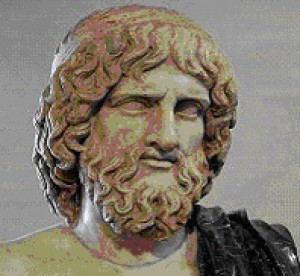
Hades - god of the underworld
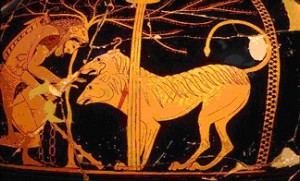
Kerberos - a three-headed dog, guardian of the underworld, making sure that no living person enters the world of the dead
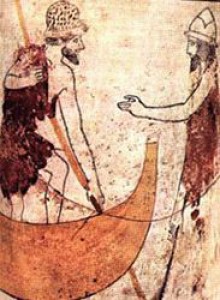
The ferryman Charon transporting the souls of the dead across the River Styx to the underworld.
If we move to Europe and look at the Vikings and Celts, we again find similarities with other polytheistic religions. As they were a nation of warriors, they believed that only warriors and rulers who died in battle could get to paradise. On the other hand, the souls of the dead naturally go to the afterlife, where they become silent servants of the gods of the underworld.
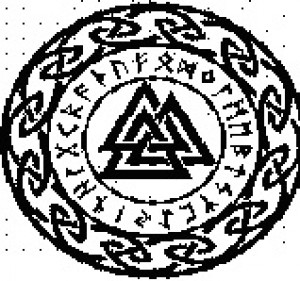
Symbol of the palace of the dead -Valhalla

Viking shield-bearer, Valkyrie, of the supreme god Odin, carrying the soul of a dead warrior to Valhalla's palace of the dead
Eastern religions such as Buddhism and Hinduism believe in reincarnation. The principle of reincarnation is a way to reach the highest enlightenment of nirvana and dissolve into the universe. In order to reach it, one must be ready for it, have enough wisdom, strength, and this cannot be acquired except by experience during life, therefore one is born anew until one is ready to reach nirvana.
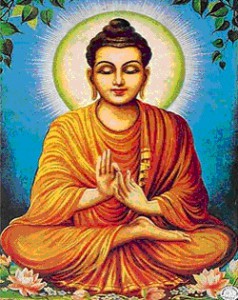
Buddha - by his own name Guatama Siddhartha
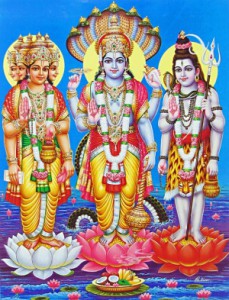
Hindu supreme deity - Brahma, Vishnu, Shiva
Contrary to these views, Christianity does not believe in reincarnation, on the contrary, it rejects it. In our country, it is believed that after death we will go to heaven - if we have lived a good and righteous life - or else hell awaits us as a form of punishment for a sinful life.
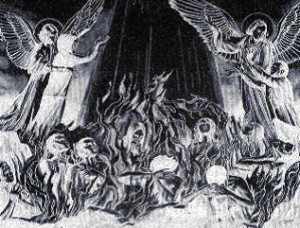
Hell, Purgatory and Heaven
If we look at the current views on the afterlife, they are very similar to those mentioned above. If we look a little into esotericism, we can also find the opinion that after the death of the material body, its form changes into the so-called fluid body. The soul is said to be very closely connected with the fluid of the soul, which animates the material body. When someone dies, the deceased appears to loved ones through ectoplasm. If we lament too much at the passing of a loved one, we delay the soul's departure from the material body and transition to the astral world. The soul is said to be connected to the material body for about 8-10 days, and therefore cremation should be done after this time since there is a violent separation from the body, which is not the case in a traditional funeral. The soul of the deceased then wanders on its way, going through its experiences, all the good and bad, in order to be purified.
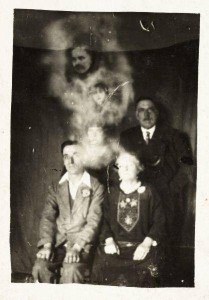
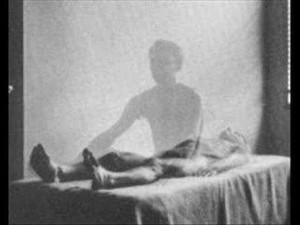
Much has been written about this concept of the afterlife, and if you are interested in this concept, it is not difficult to find much about it. The Paranormal Team Inc. does not share this approach based on their research. They do talk about a kind of energy that can manifest itself sonically, physically or kinetically, but we have never been able to conclusively prove that it is an intelligent energy let alone a person of non-physical origin. However, the controversy is not the main focus of this article. Its priority is to acquaint you with each religion's view of the afterlife.
In the next article, we will look at this topic from the perspective of psychology and philosophy, since through this article we know the views of different cultures from ancient times to the present.
Thank you for reading and I hope you learned new and interesting information.
Resources
images courtesy of Google
FLÁŠAROVÁ. Praktický průvodce minulými životy. Pardubice: MAYDAY, 2006. ISBN 80-86986-14-4
KUBIŠTOVÁ-ŠKOCHOVÁ, Věra. Zrcadlo okultismu aneb využití tajných věd. Brno: CENTA, 2004. ISBN 80-86785-01-7
BAUSSIEROVÁ, Sylvie. Objevujeme svět: Mytologie. Bratislava: MATYS, 2003. ISBN 80-88989-91-4
PERRUDINOVÁ, Francoise. Objevujeme svět: Dávné civilizace. Bratislava: MATYS, 2002. ISBN 80-88989-59-0
Author: Kateřina Běhanová
Correction by Ondřej Bezouška

